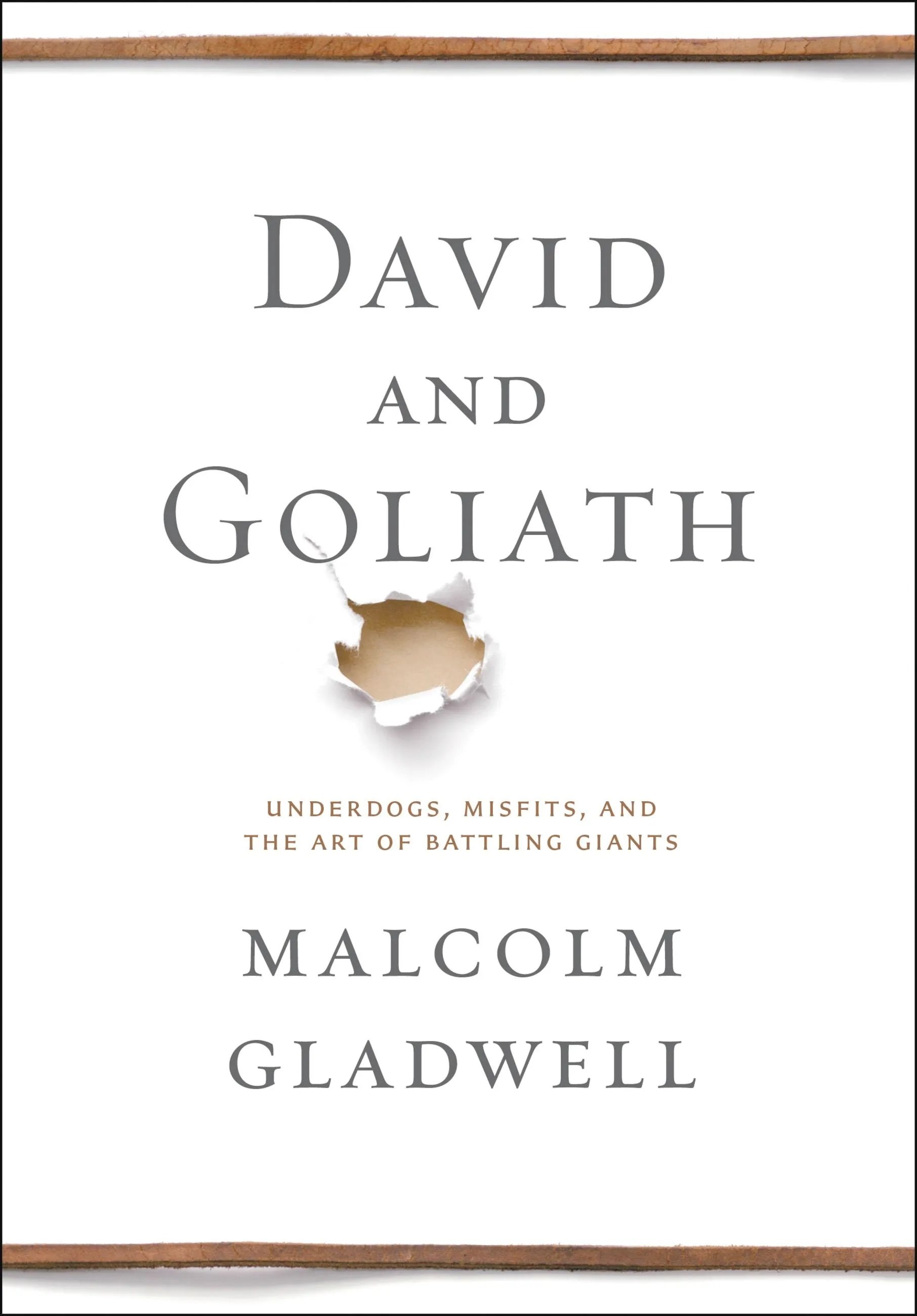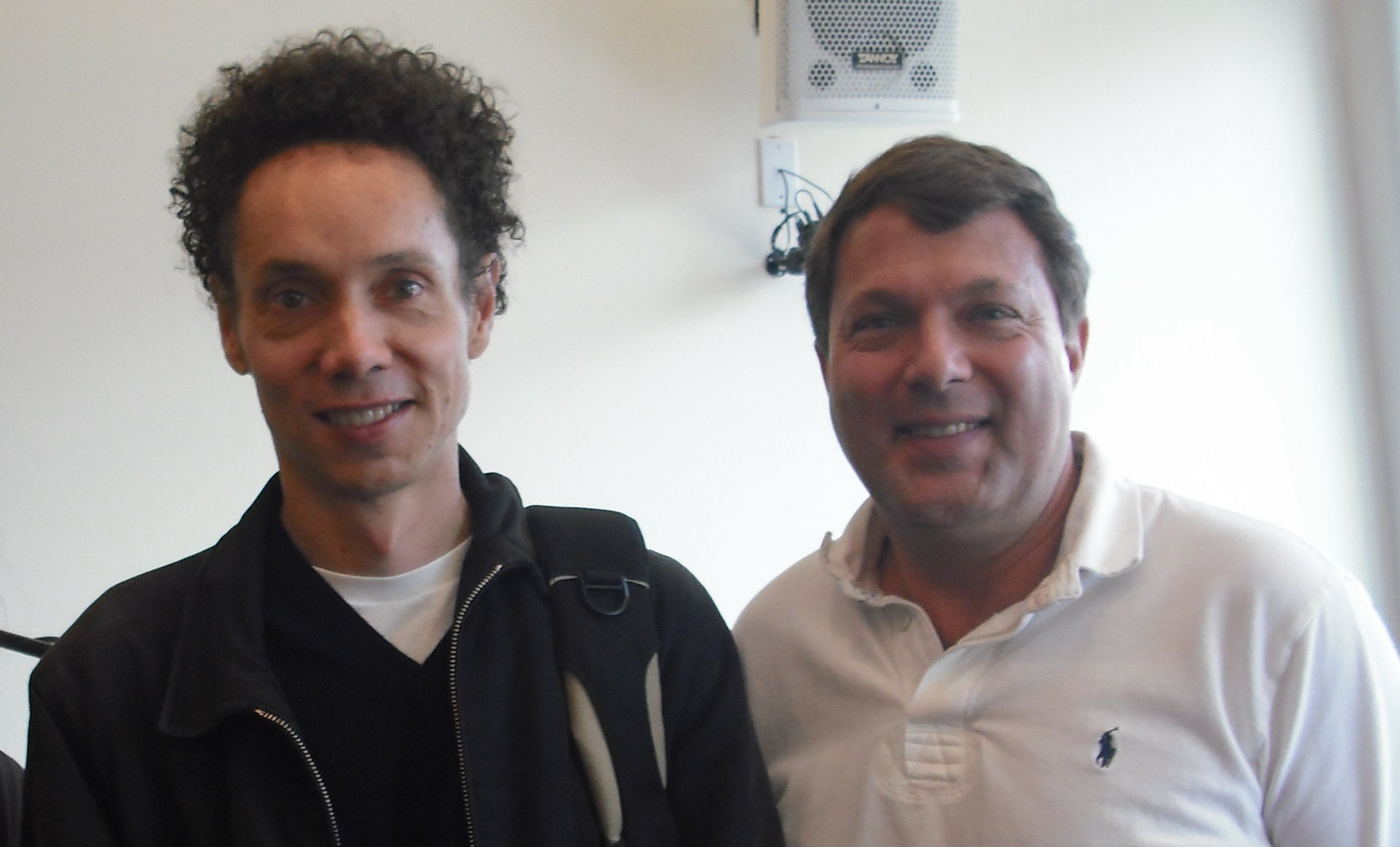Gladwell Got It Right: With College Choice, Focus on Best Fit!
When I was applying to college, the decision making was pretty straightforward: I’d be going to the most prestigious school that would accept me. Thanks to rolling admission, I got into UMass Amherst in early November, so it was a relaxed Thanksgiving for me — I was “in” somewhere, and I liked my visit there. It was all a moot point when I was accepted at Williams (which I also happened to like), but what might have been the best fit for young Steve was never part of the metric.
Fast forward to when my kids began the process. We handled it differently: we focused on what they wanted and what environment would provide the best experience for them to excel in. After being a college professor for ten years and advising hundreds of students, I can’t overstate the importance of “the best fit.”
Gladwell, M. (2013). David and Goliath: underdogs, misfits, and the art of battling giants. New York: Little Brown and Company.
When Malcolm Gladwell published David and Goliath in 2013, this was the focus of Chapter Three. Gladwell begins with how the Impressionists bucked the art trend in 1860’s Paris, deciding that the most prestigious exhibition was not in their best interests. They took a pass on prestige and went down a different path. I’d say it turned out pretty well for them.
Gladwell shares the story of high school graduate Caroline Sacks, who loved science and hoped to build her career in it. Brown was her “reach” and Maryland was her “safety.” She chose Brown, struggled to keep up, and switched majors.
What might have been a brilliant career as a scientist never materialized. Both Gladwell and Sacks agreed that had she chosen Maryland, she would have stayed with science.
The takeaway is the “Big Fish, Little Pond” metaphor, which is how the theory of relative deprivation gets applied to academia: “Students who would be at the top of their class at a good school can easily fall to the bottom at a really good school. Students who would feel that they have mastered a subject at a good school can have the feeling they are falling further and further behind in a really good school. And that feeling — as subjective and ridiculous and irrational as it may be — matters.
Monet, Claude. The Cliffs at Étretat. 1885,The Clark Art Institute, Williamstown, MA.
How you feel about your abilities — your academic “self-concept” — in the context of your classroom shapes your willingness to tackle challenges and finish difficult tasks. It’s a crucial element in your motivation and confidence.” (p. 80)
Gladwell and Dr. Steve, New York, c. 1994
There’s plenty of research in David and Goliath to back this up. One study from the Vanderbilt University Economics Department found that when it comes to hiring people, “the best students from mediocre schools were almost always a better bet than good students from the very best schools.” (p. 87)
It all boils down to misconceptions about advantages (which is how David defeated Goliath). Popular choices are not always as advantageous as we believe them to be. It’s worth considering which choices will be most beneficial for each individual student.
Please reach out if I can help build your college list and weigh in on which choices would be most beneficial for your child.



